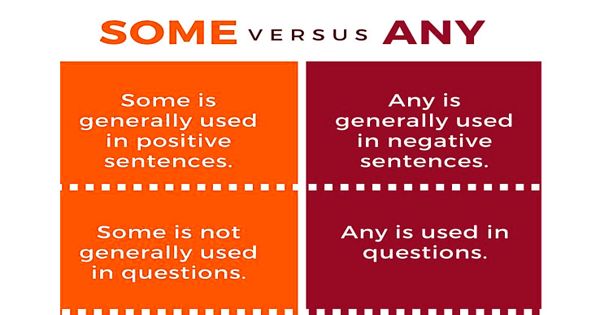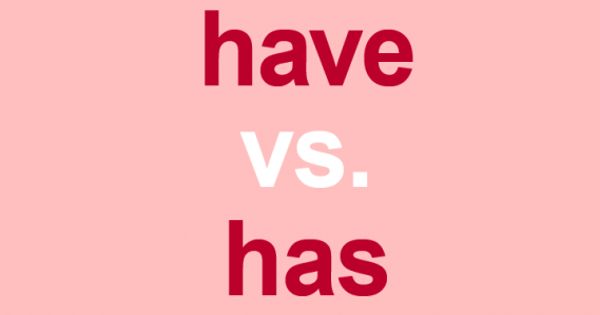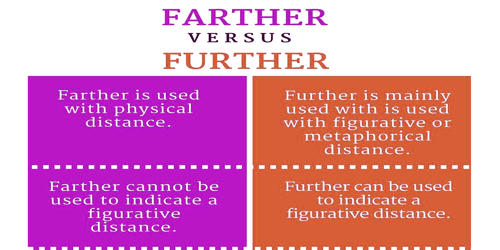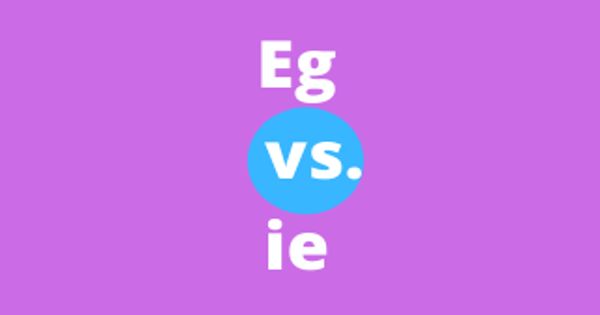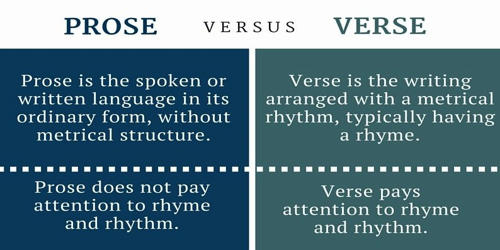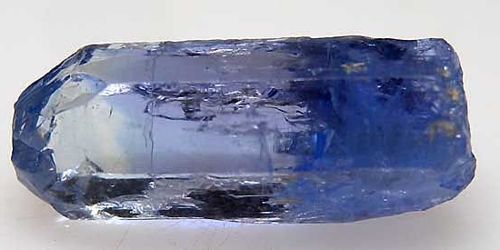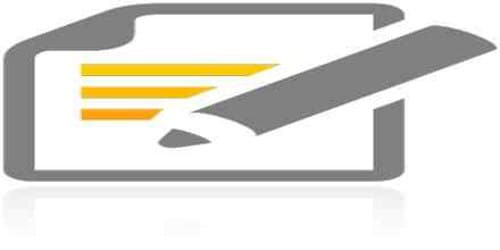‘Some’ and ‘any’ can be used with both plural nouns and uncountable nouns. Some and any can be used with both plural nouns and uncountable nouns. Some and any are the two quantifying determiners that are often used when the exact number of things or the amount thereof is not known, or it is irrelevant. The general rule is that ‘any’ is used for questions and negatives while ‘some’ is used for positive. “Some” is used in positive statements. ‘Some’ refer to an unspecified number or amount of a particular entity. When we use ‘some’ in a sentence we mean a few people or things, but not all the people or things.
“Some and any are the two quantifying determiners that are often used when the exact number of things or the amount thereof is not known, or it is irrelevant.”
Conversely, ‘Any’ means one or more of something, without indicating the number or amount of it exactly. “Any” is used in negative statements. Both may be used with countable and uncountable nouns.
Difference between Some and Any
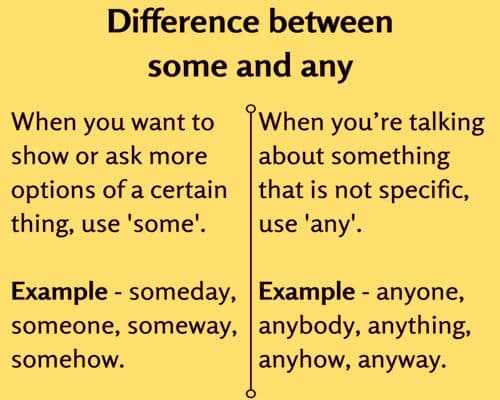
SOME
- In simple words, ‘some’ refer to a quantifier, representing a specific person or thing or part of a thing, whose number or amount is not certain
- Some refer to a number of people or things whose number is not specified.
- ‘Some’ typically implies a specific type or form. For example, I bought some candles.
- Some is a quantifier, which refers to the amount, number, or part of a particular entity that is not specified. As a determiner, some can be used prior to the nouns to signify the indefinite quantities. However, the quantity is irrelevant; when we use some, it means a limited quantity. ‘Some’ can be used as a pronoun to, wherein the noun is implied.
- We mainly use ‘some’ in the sentences which are affirmative. Although, it can also be used in interrogative sentences while making an offer.
- Some can be used with Plural nouns and nouns that do not show the specific quantity or number.
- Examples: Unnati has some bananas. He bought some clothes.
ANY
- In simple words, ‘any’ is a determiner as some, which also denotes an indefinite or unknown quantity of something.
- Any is a quantifier that signifies the quantity of a noun, but not in exact terms. It denotes whatever, whichever, whoever.
- Use ‘any’ when you’re talking about something that is not specific. For example, I don’t want any help
- Any refers to one or the other chosen at random. It can be used as a determiner to represent some or a small amounts of something. As a pronoun, ‘any’ denotes one of or each of a specific kind of an individual or thing, wherein which one is insignificant and so, here the noun is implied.
- We mainly use ‘any’ in the sentences which are negative. When the sentence is negative or asks questions, we use ‘any’.
- When the sentence consists of singular, plural, or nouns that do not indicate the exact quantity or number, we use any.
- Examples: Unnati does not have any bananas. He didn’t buy any clothes.
